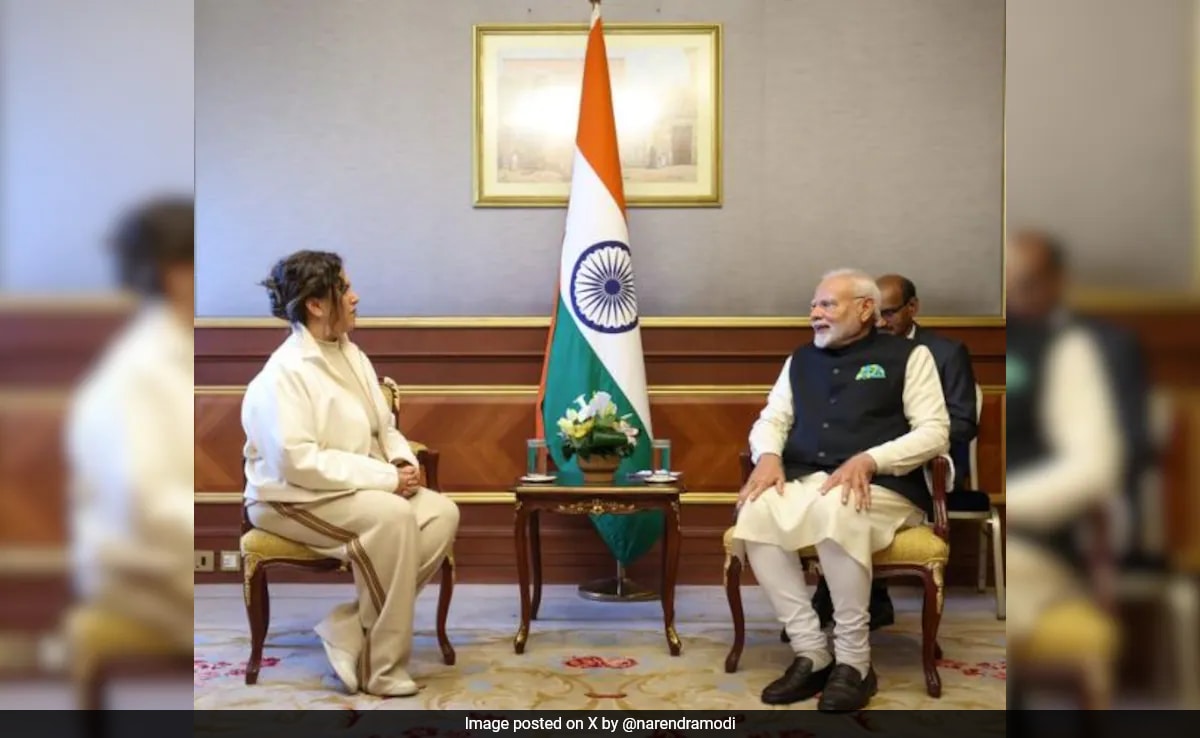Congress leader and AICC member Jahanzaib Sirwal on Thursday joined the BJP in New Delhi and criticised the Congress for its “party vanishing machine” approach and borrowing agenda-based politics from other parties.
Jahanzaib Sirwal, who had been part of the Congress since 2014 and recently became an AICC member under Mallikarjun Kharge’s leadership, highlighted the need for the Congress to focus on internal reforms rather than solely blaming the BJP for issues like Electronic Voting Machines (EVMs).
Senior BJP leader and Union Minister Hardeep Singh Puri and national general secretary Vinod Tawde welcomed Jahanzaib Sirwal and others into the party.
Speaking to reporters, Jahanzaib Sirwal, a veterinary doctor, emphasised the importance of originality in addressing the country’s specific needs, pointing out that the Congress’s reliance on external agendas hinders its ability to effectively tackle national challenges.
“The party’s tendency is to adopt external agendas, which may not effectively address the country’s specific needs,” he said.
Hailing from a remote village in Kishtwar, Jahanzaib Sirwal said that the Congress needs to address its internal issues and work on organisational learning within the party, rather than blaming the BJP for problems with Electronic Voting Machines (EVMs).
“There is a concept of the “Party Vanishing Machine” (PVM) within Congress due to its lack of foresight and plans that a credible opposition should play.”
“Rather, the Congress should learn from BJP’s efficient election management, “Election Working Machinery” (EWM),” he added.
Hardeep Puri corrected the ‘EWM’ phrase used by Jahanzaib Sirwal and said BJP was the party which believes in the welfare of the people.
Jahanzaib Sirwal underscored the crucial role of a strong opposition in democracy, advocating for constructive criticism aimed at nation-building rather than mere fault-finding.
He criticised the Congress for likening the current situation in the country to an “emergency-like” scenario, reminding the party of the Emergency period during its rule in 1975.
He urged the Congress to move beyond rhetoric and acknowledge its historical actions before making such statements, emphasising the necessity of a robust opposition for the nation’s progress.














